Soil & Environmental Physics Group
Life & Environmental Sciences Department (LES)
We are an interdisciplinary team in LES Department investigating the physical properties that make soil habitable for organisms and support sustainable agriculture. Our research integrates soil physics, environmental science, and agroecology to address challenges of food security for a growing global population. We develop quantitative models to understand soil-organism interactions across scales, explore the biophysical thresholds governing plant productivity, examine how soil structure affects resource distribution in agroecosystems, and identify management practices that enhance ecosystem resilience. While our focus spans from particle-scale interactions to landscape-level processes, we consistently apply rigorous physical principles to generate knowledge supporting sustainable agriculture and equitable food systems. Our work bridges fundamental soil science with practical applications across contemporary agricultural landscapes, guided by principles of inclusivity and equity in our research approach, team composition, and community engagement.
Interested in joining us? We welcome students and collaborators who share our commitment to understanding the physical foundations of sustainable agriculture. For information about admission and degree requirements, please visit the Environmental Systems Graduate Program.
Recent Publications
Defining Soil Science: Balancing Fundamental Research and Societal Needs
Ghezzehei, T.A. and A.A. Berhe
Soil Sci. Soc. Am. J.
Impact of Almond Shell Biochar Properties and Application Rate on Soil Physical and ...
Thao,T, VD Lopez, et al.
Sustainable Environment
Soil Science-Informed Machine Learning
Minasny, B. et al.
Geoderma
Biochar Impacts on Soil Moisture Retention and Respiration in a Coarse-Textured Soil ...
Thao, T. et al.
Soil Sci. Soc. Am. J.
Updates & News
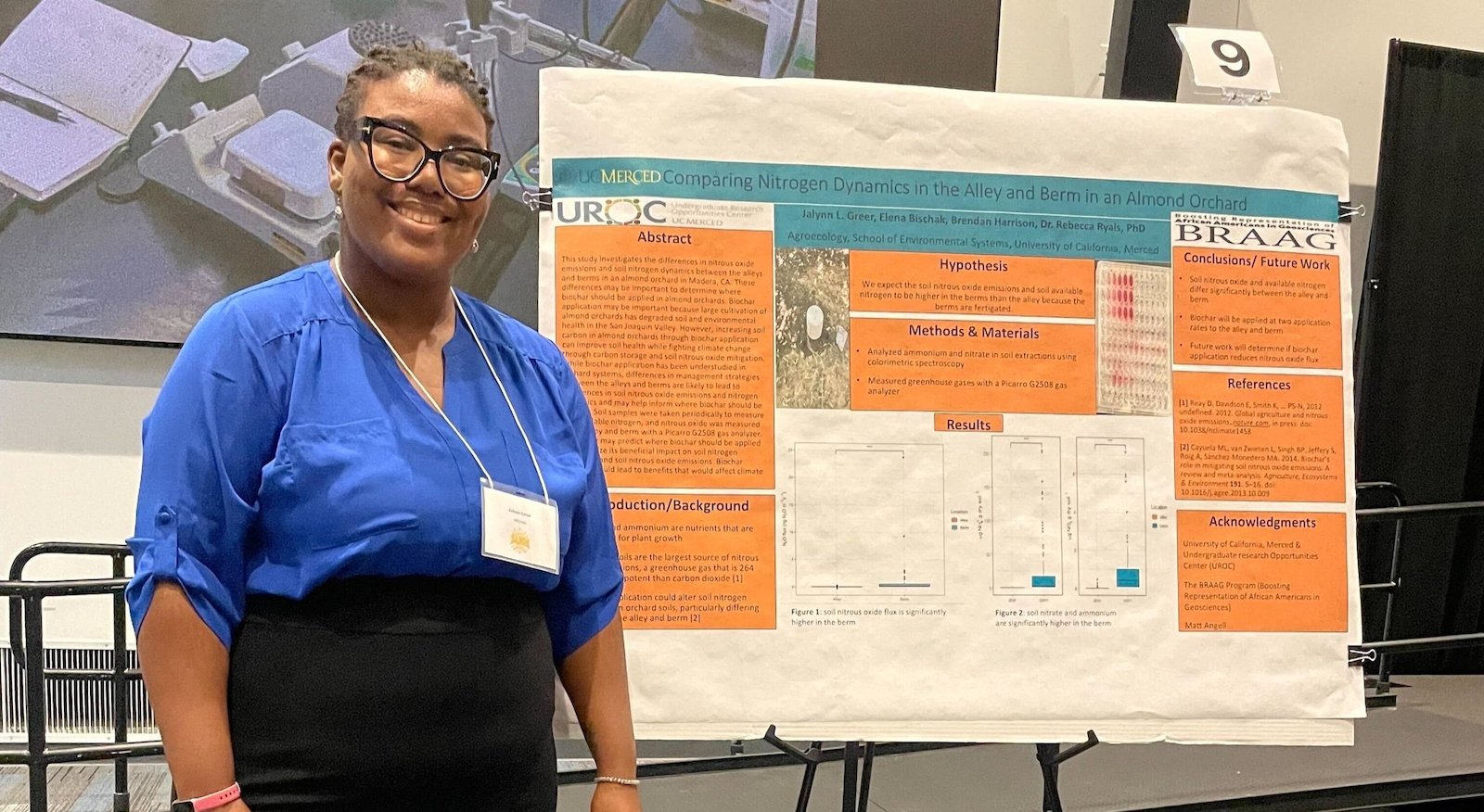
Let’s BRAAG about Jalynn
NASA ACRES blog--Let’s BRAAG about Jalynn Greer, a Kentucky State University Scholar who is Bridging a Career Path in Nursing and Agriculture success!
Read More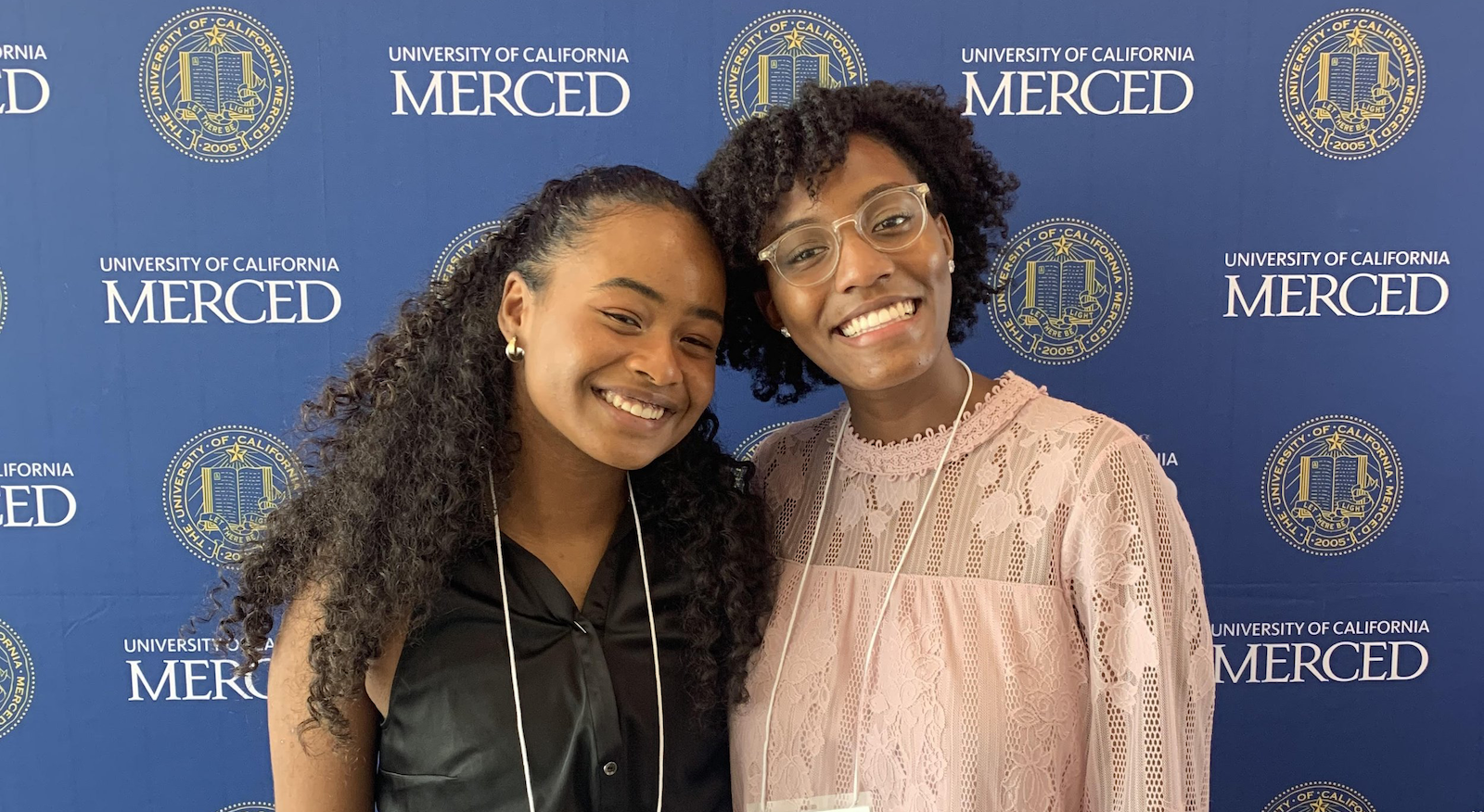
Kennedy's BRAAG experience
NASA ACRES blog--Learning by Doing, Basia Skudrzyk interviewed a Howard Scholar, Kennedy Williams' about he journey with the BRAAG program
Read More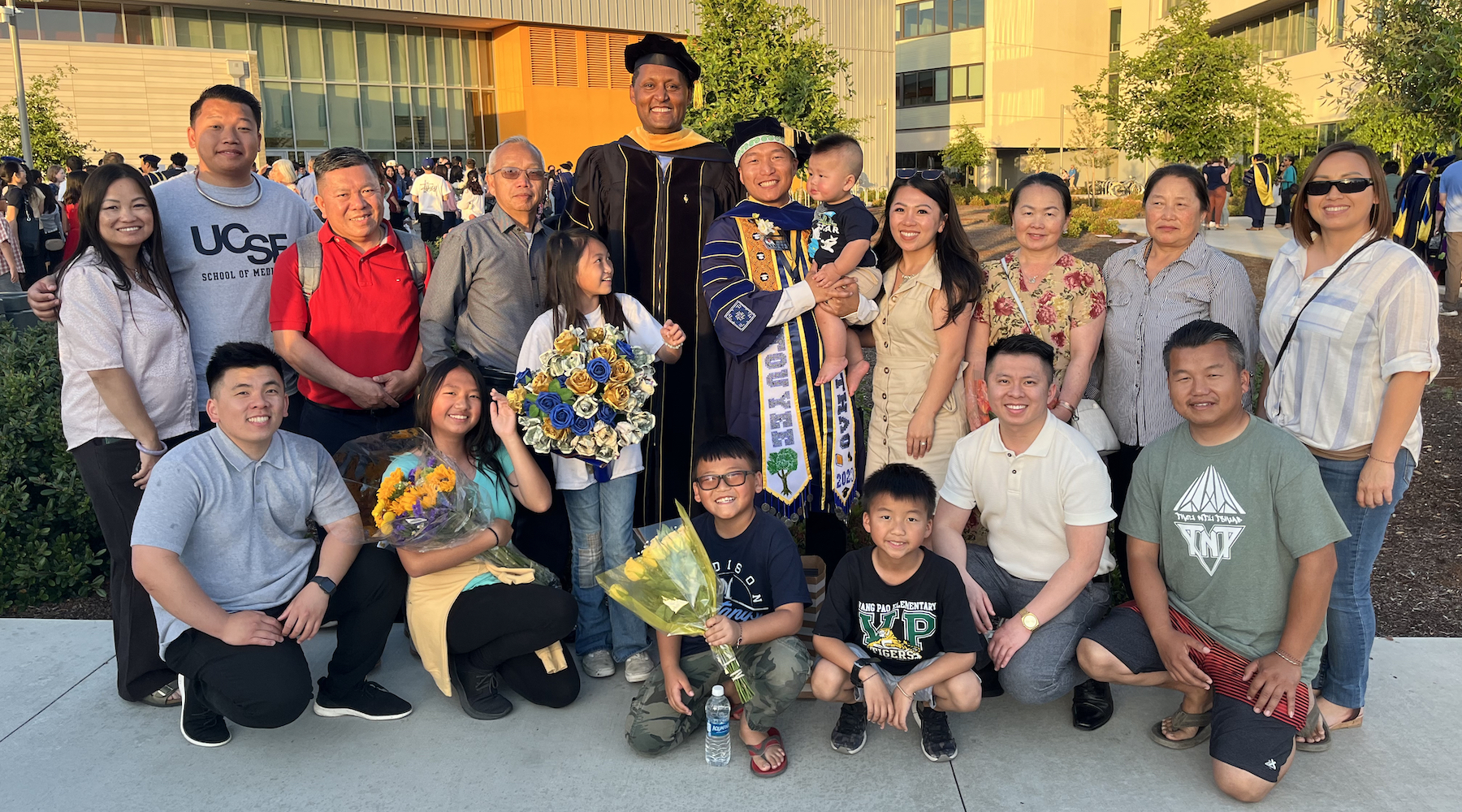
Touyee Thao earned PhD
Celebrating Dr. Touyee Thao's remarkable PhD completion and his upcoming role as a USDA Research Scientist. Proud of his achievements and wishing him continued success!
Read More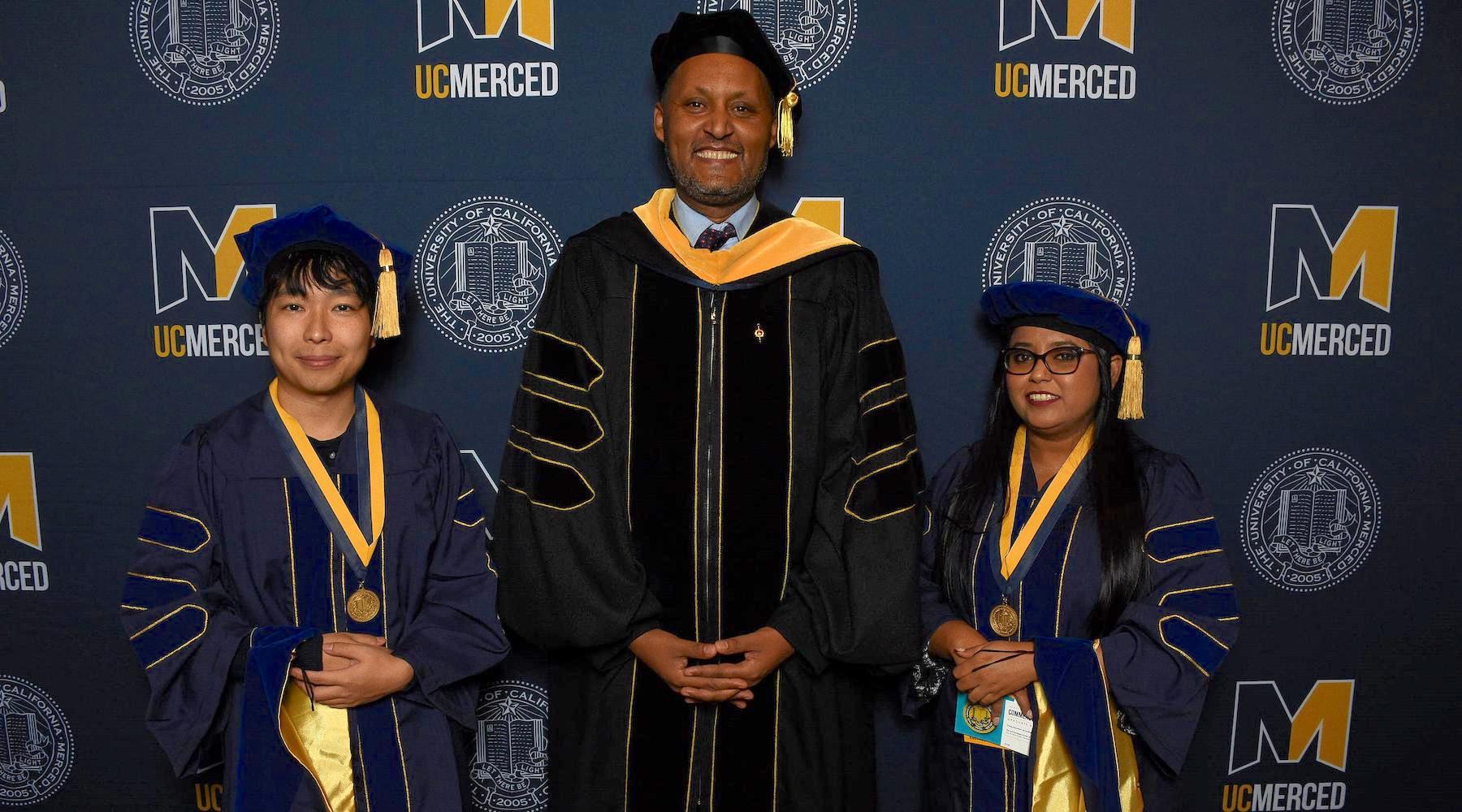
Hooding of Toshi & Manisha
Dr. Toshiyuki Bandai and Dr. Manisha Dolui successfully graduate with PhDs and move on to postdoctoral positions. Congratulations to both on their remarkable achievements!
Read MoreResearch Areas

NASA Acres
Dynamic soil properties, such aggregation and disaggregation cycles and tilagge, and associated effects on flow and tranport in soils.
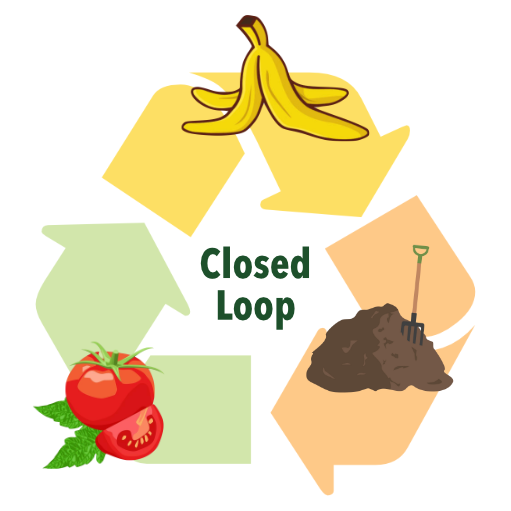
Waste to Food
Dynamic soil properties, such aggregation and disaggregation cycles and tilagge, and associated effects on flow and tranport in soils.
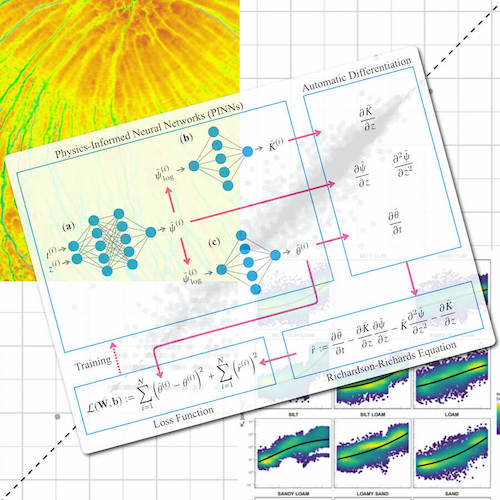
Machine Learning & AI
Physics-informed Neural Networks for modeling soil water dynamics and application of Machine Learning in soil and environmental problems.
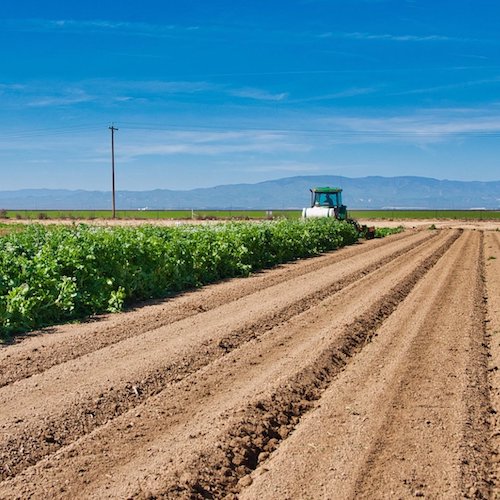
AgroEcology
Conservation tillage, inter-cropping of native shrubs and food crops, and applications of organic amendments on water and nutrient use efficiency.
Courses
ESS 110 Hydrology & Climate
Basics of the hydrological cycle and the global climate system. Fundamentals of surface water hydrology, hydrometeorology, evaporation, precipitation, statistical and probabilistic methods, unit hydrograph and flood routing.
ESS 112 Subsurface Hydrology
Hydrologic and geologic factors controlling the occurrence and use of groundwater on regional and local scales. Physical, mathematical, geologic and engineering concepts fundamental to subsurface hydrologic processes. Introduction to ground-water flow and transport modeling, with emphasis on model construction and simulation.
ES 290 Nano Fabrication
This course will provide a survey of top-down and bottom-up techniques to fabricate nanoscale structures and devices, including but not limited to optical and electron lithography, nano imprinting, physical and chemical vapor deposition, and self-assembly. State-of-the-art methods for the characterization of fabricated structures and devices will also be introduced, including electron and scanning probe microscopy approaches.
